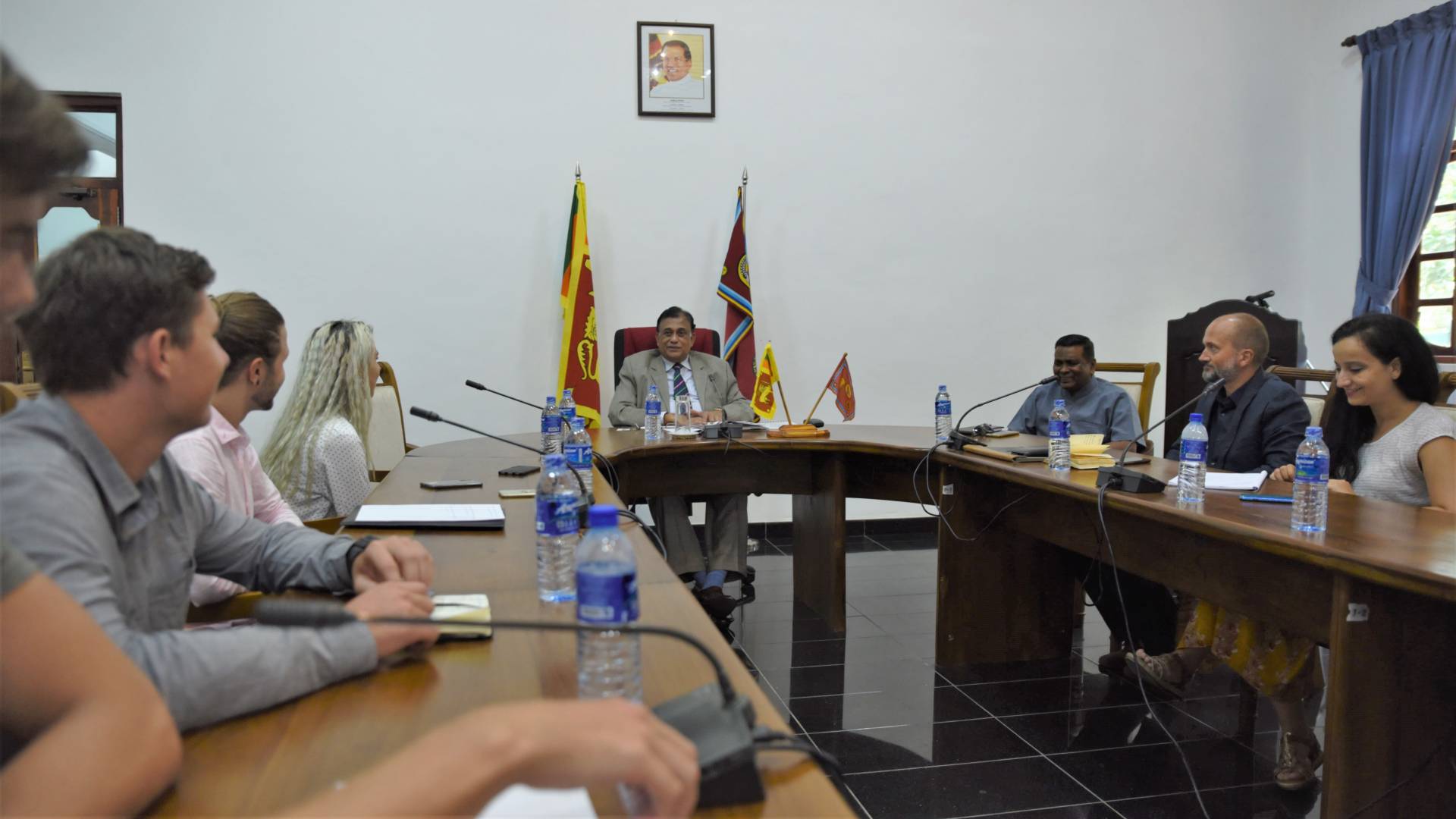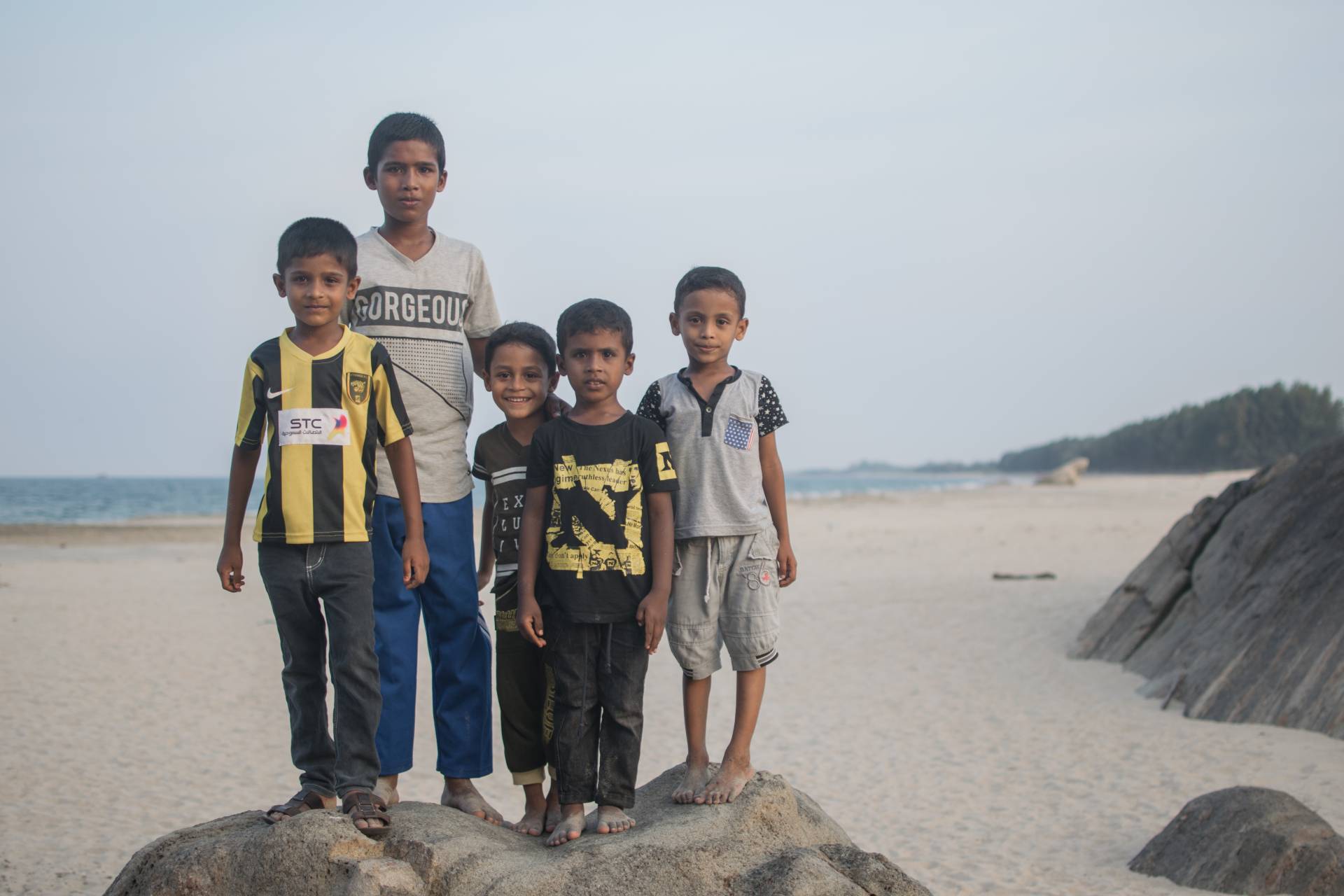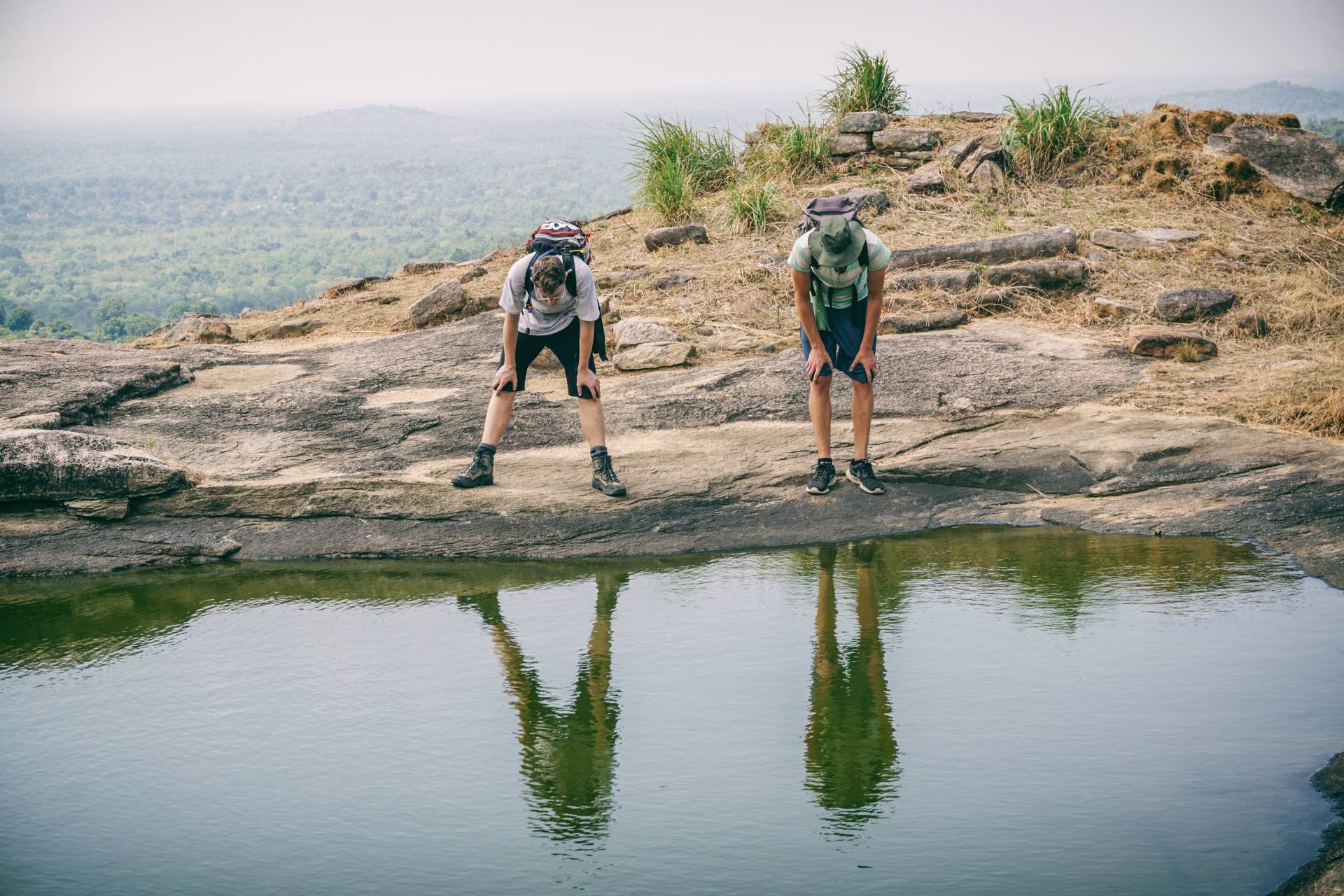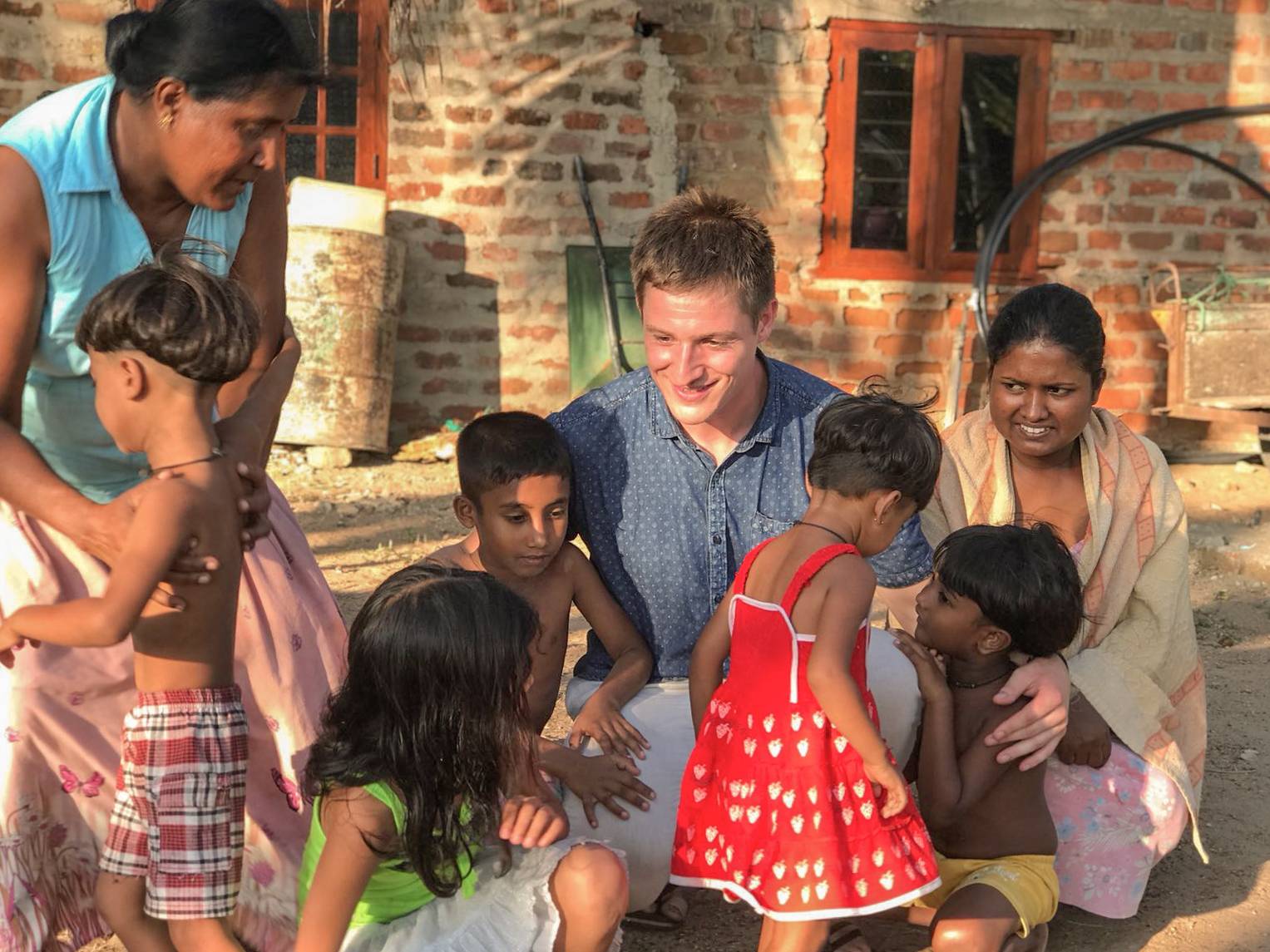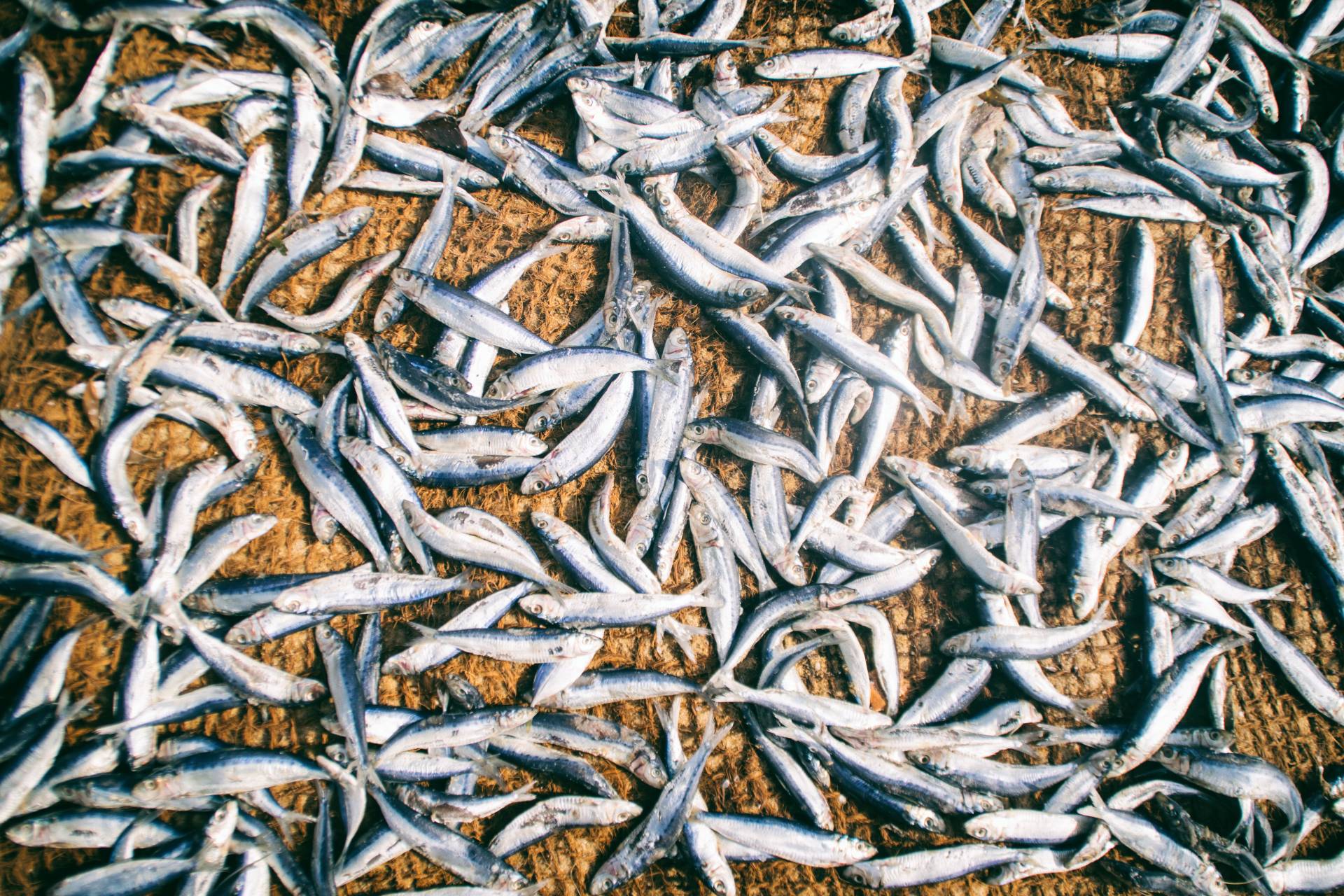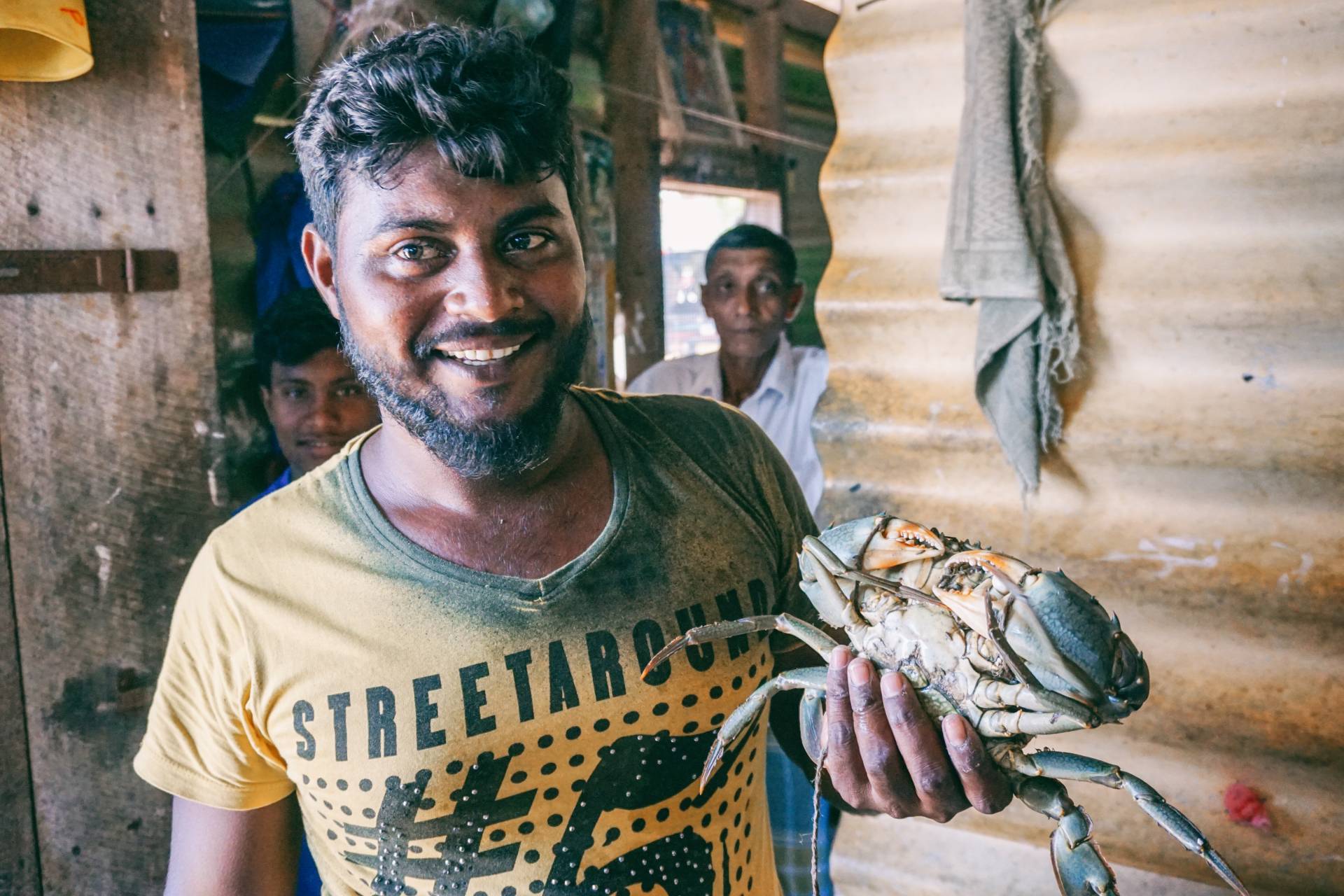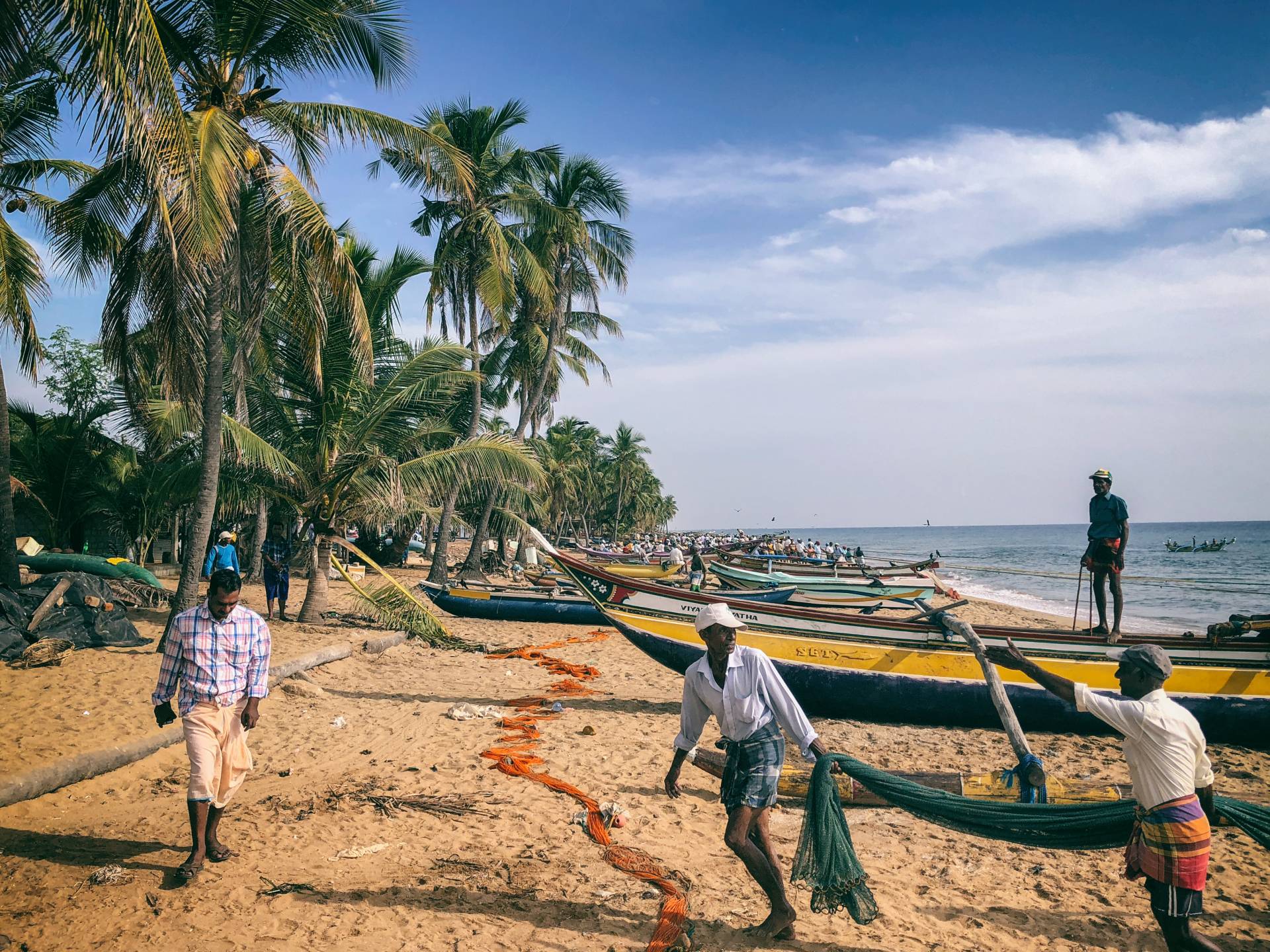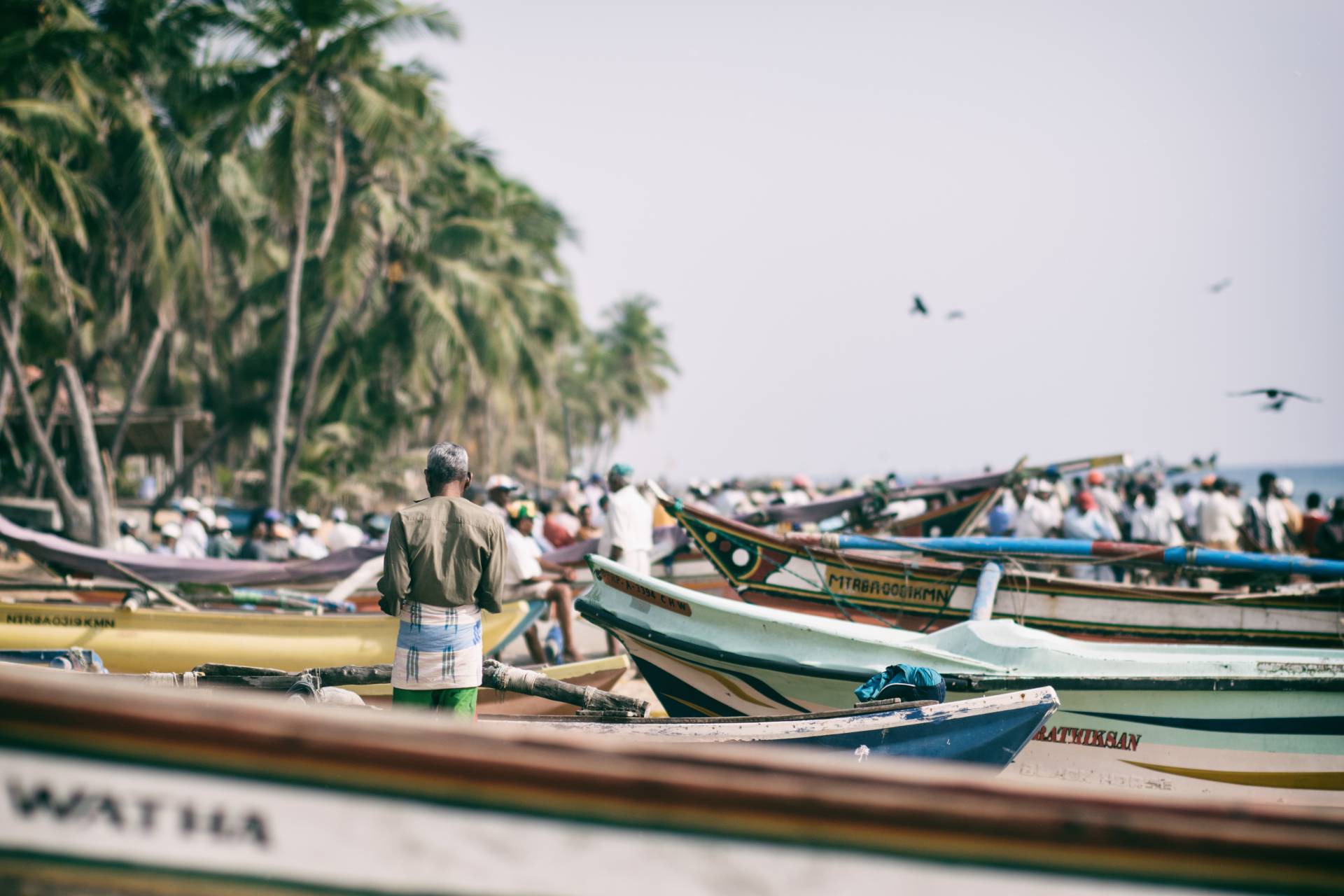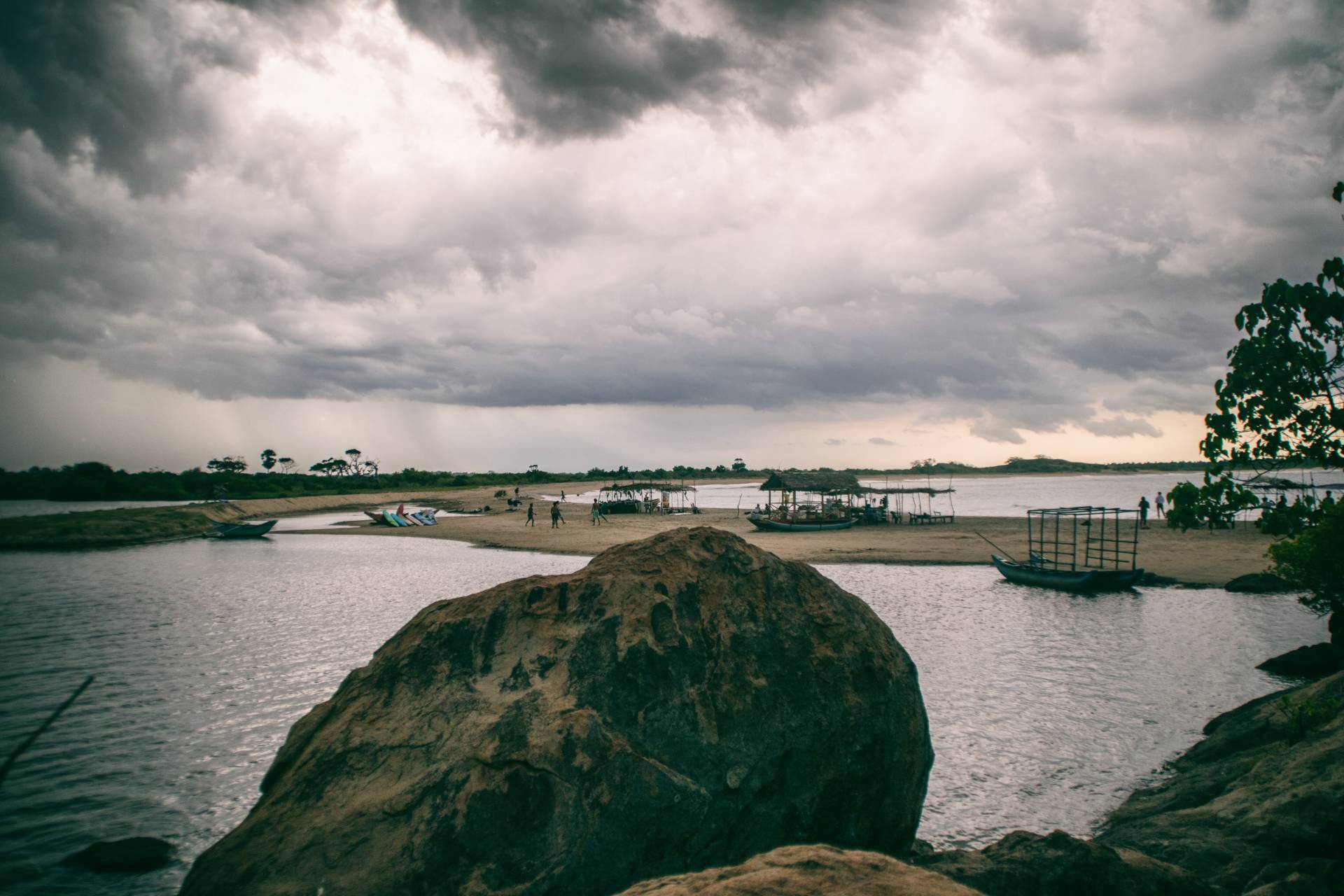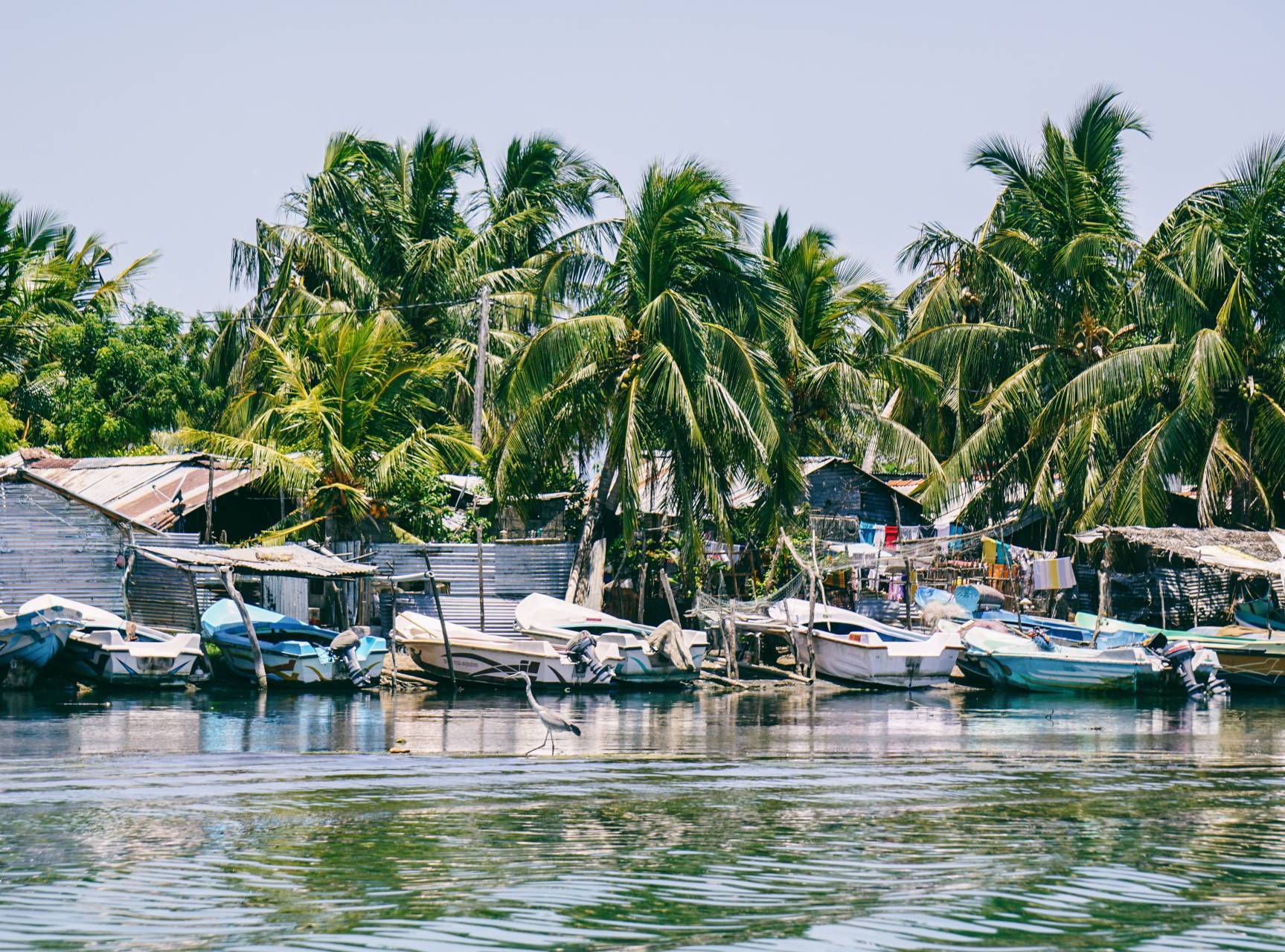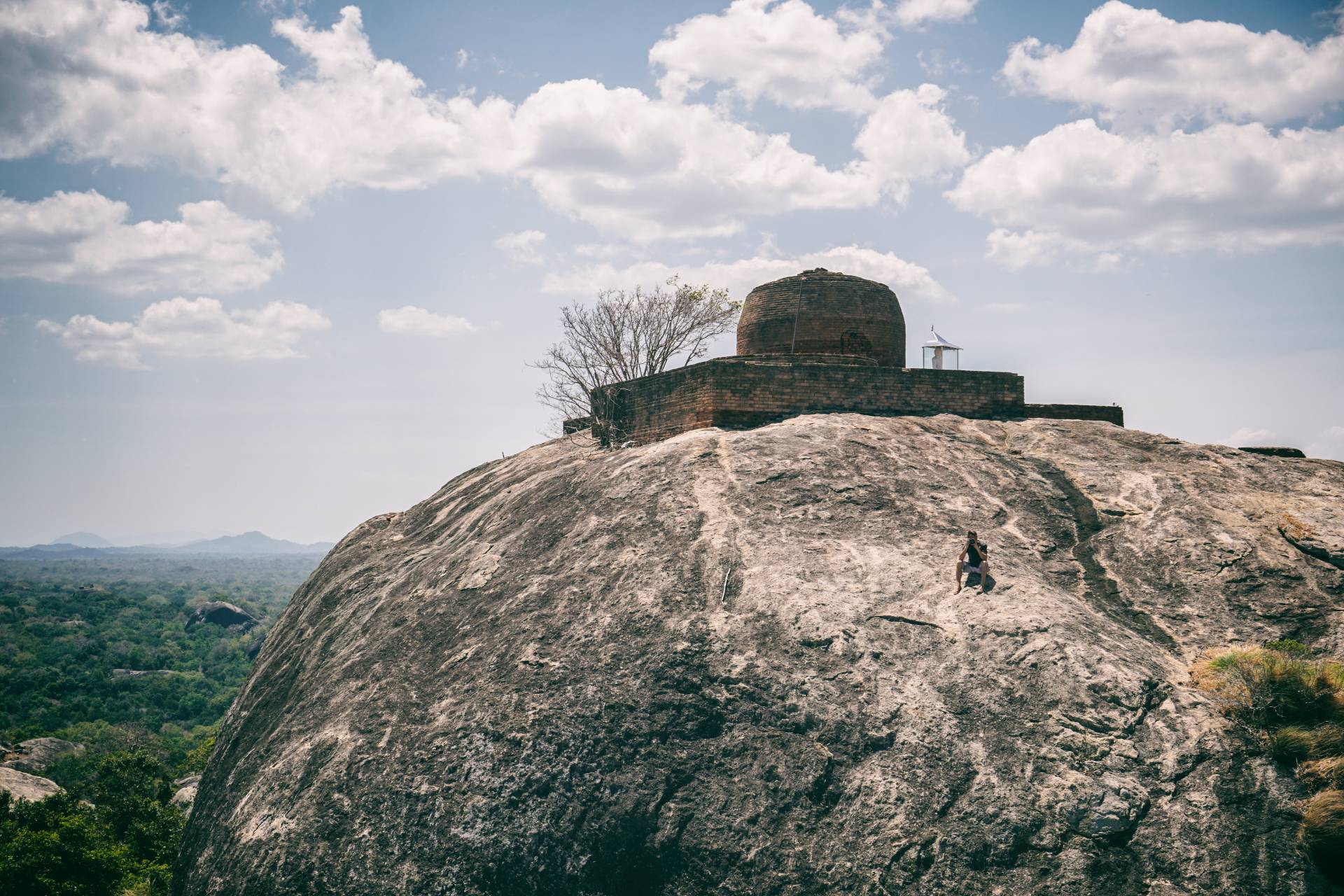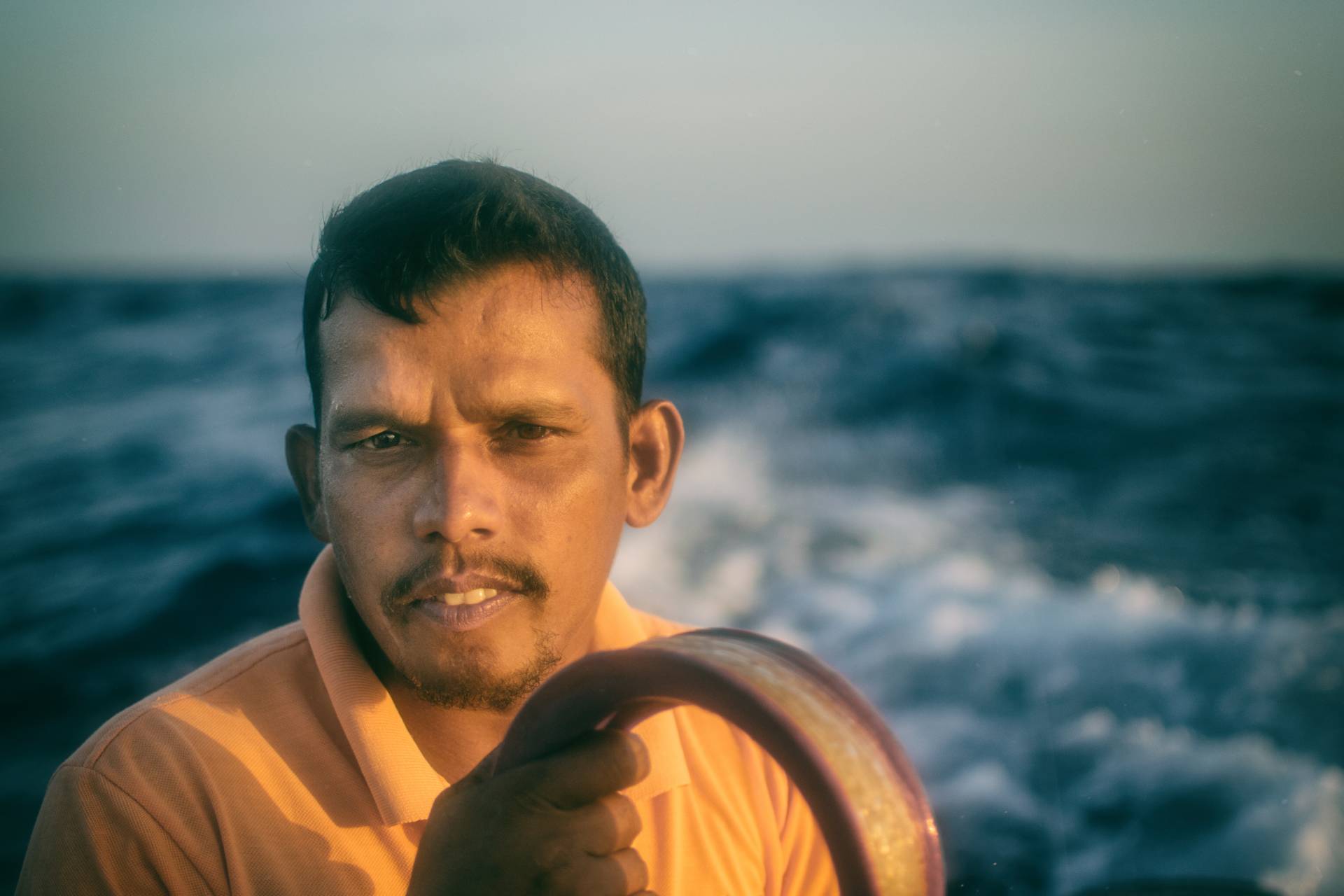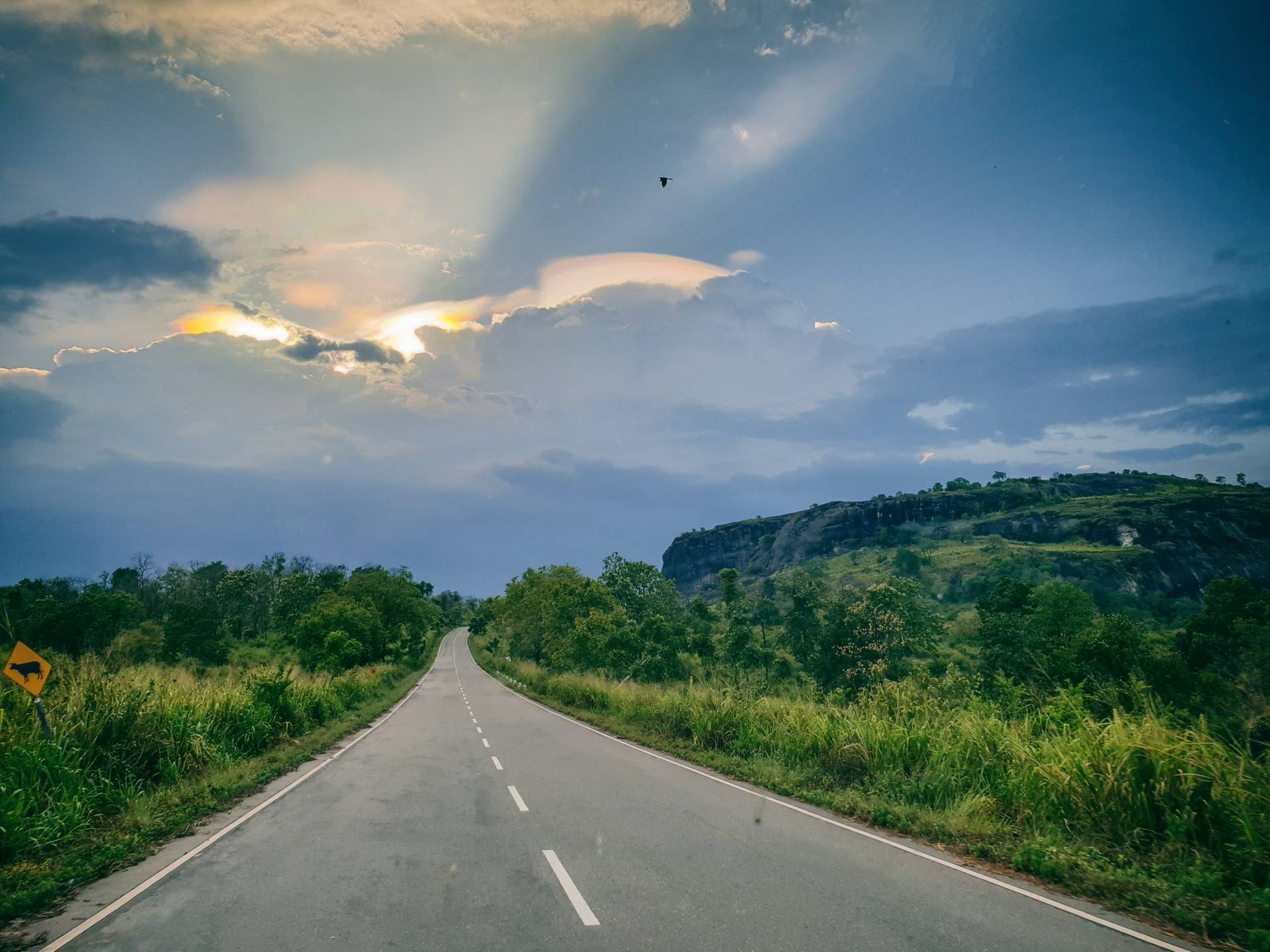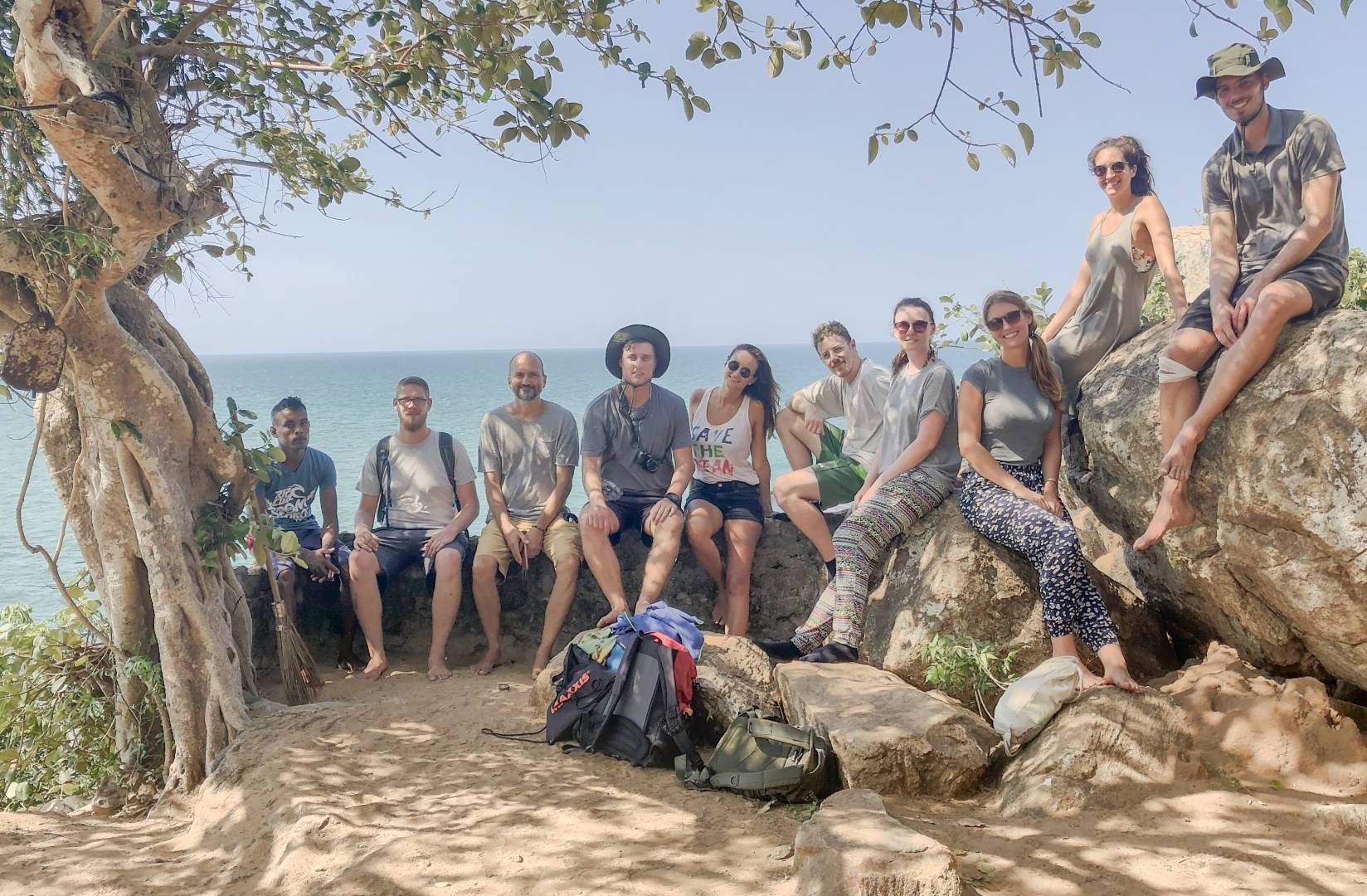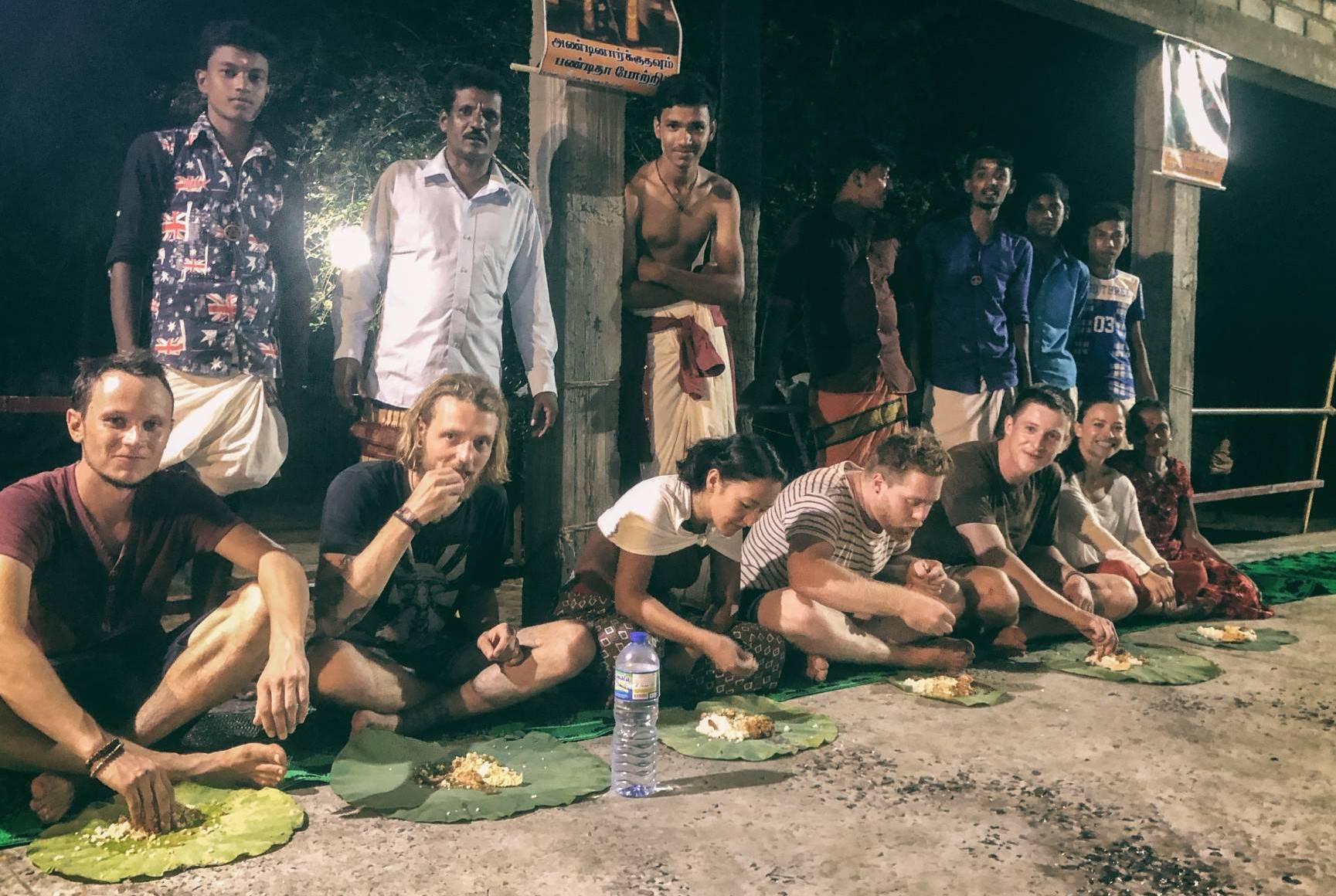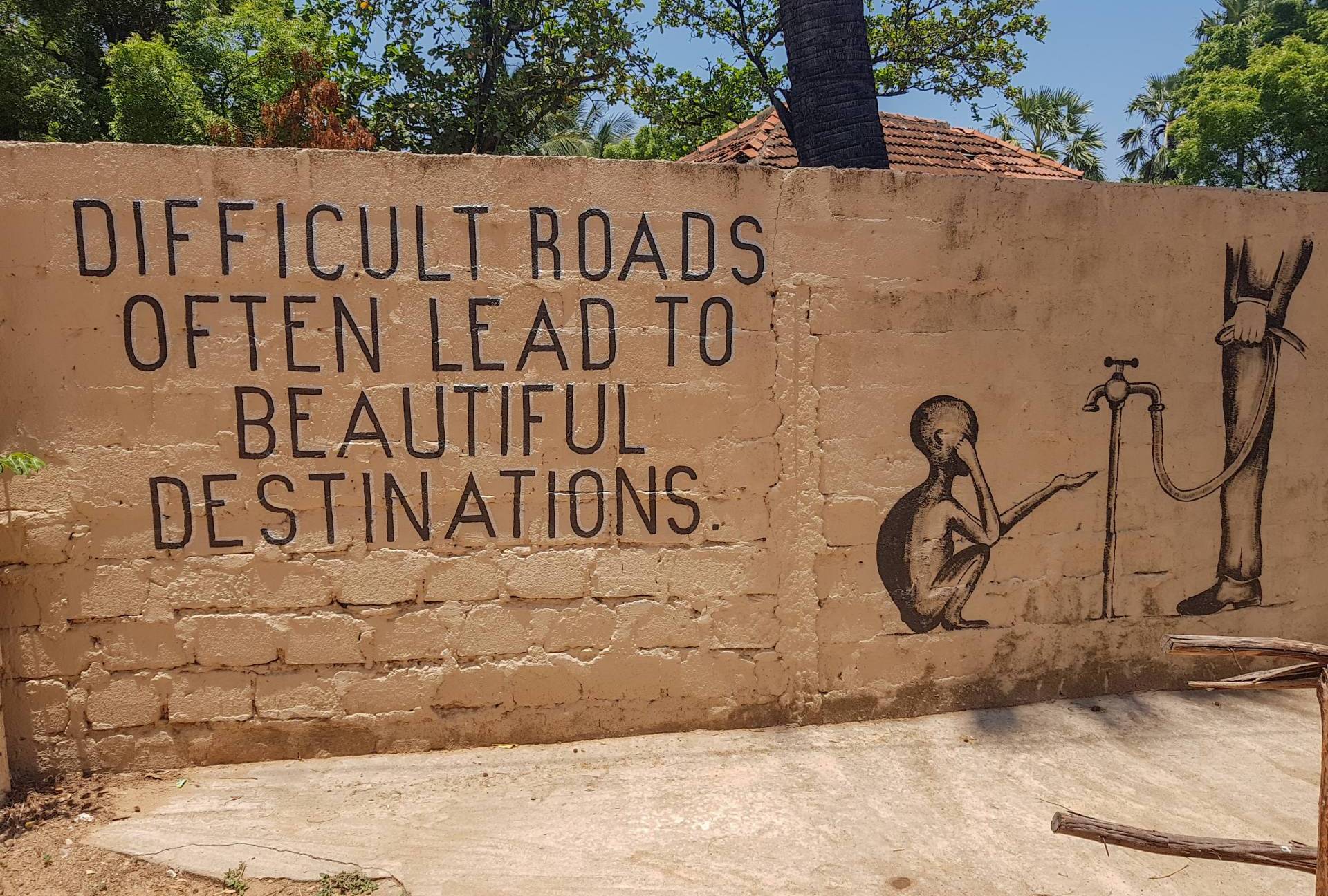
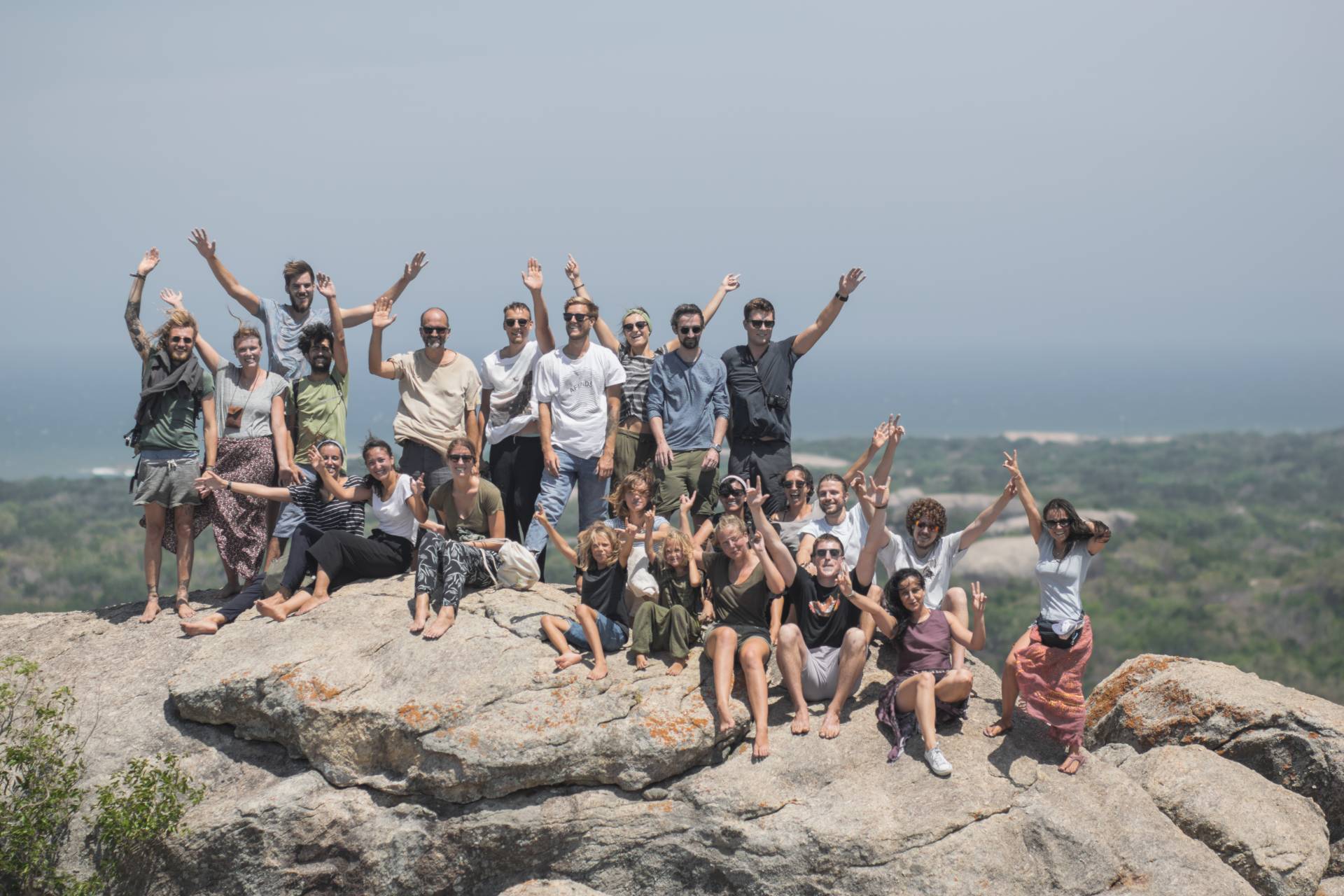
Project description
40 students from the Universities of Applied Sciences in Augsburg and Kempten assess the potential of eco-tourism on the eastern coast of Sri Lanka and launch an exciting project.
The eastern coast and the people of the island state of Sri Lanka were seriously affected by a long period of civil war and the tsunami of 2004. Industry and tourism ground to a halt on account of the challenging circumstances. Since the civil war came to an end in 2009 efforts to re-establish the tourism industry on the eastern coast of the country have been vigorous.
The government of Sri Lanka is aiming to provide strategic direction in an effort to sustainably develop tourism as an economic factor. Student Mario Leoni from the project group sees this as “a good idea”. “The scenery is so unbelievably beautiful and the biodiversity so abundant that these things should be protected if only for reasons of self-interest within the tourism industry,” he says.
A team of students supporting Augsburg-based Prof. Dr. Christian Bauriedel assessed the future potential for sustainable tourism on the eastern coast of Sri Lanka. Prof. Dr. Peters from the Faculty of Tourism at the University of Applied Sciences in Kempten also contributed her expertise and 5 tourism students from the University of Applied Sciences in Kempten were part of the project team. The assessment of potential was supported and promoted by the German Society for International Cooperation.
As part of a field study using qualitative methods, a network of experts and innovative pioneers in the fields of sustainable construction and tourism was established. An interdisciplinary team of 40 students impressed project managers and clients alike with the results of their work at the concluding presentation at the end of September. The presentation also saw the students report on five weeks of exciting and highly educational field work.
By virtue of their determination and proactive approach, the project group members were afforded the opportunity to meet the Governor of the Eastern Province, Rohitha Bogollagama. The project “Ecotopia” has been launched on the back of this study and the government has promised to provide the building plots required for the project. “This is a huge opportunity for all concerned,” says Ralf Lösch from the project management group. “We think we’ll be able to get this new project up and running soon,” adds MBA student, Raquel Lorente.
The aim is to make “Ecotopia” a place of learning which promotes exchange, experimentation and cooperation with regards to the topic of eco-tourism. A particular emphasis is placed on the topic of sustainability: Firstly, the aim is to set up a sustainable hotel complex that uses renewable energy sources and materials as a basis. For example, negative effects on the environment will be kept to a minimum thanks to the use of water treatment and recycling facilities.
Secondly, the aim is to educate the public and entrepreneurs on and raise their awareness of topics such as energy-efficient construction, environmental awareness, sustainability, interaction with tourists and social responsibility. Cooperation partners, universities and local companies will be able to take part in seminars and broaden their networks there. “I am looking forward to implementing our ideas over there. We have a lot of ideas in mind and now it’s time to test them out in reality,” explains Sarah Garb, a student and project team member. Eske Setje-Eilers adds “it’s very important to us that any future revenue be passed on to the public directly rather than ending up in the bank accounts of foreign companies and investors.”
The project group were able to lay the foundations for their vision of “Ecotopia” during their four-week project trip and have already had a lot of positive feedback. Decision-makers at the Society for International Cooperation in Sri Lanka have also been eager to lend the necessary support the project team requires.
Students from 7 different degree programs are now working on the project: Energy-Efficient Design, Architecture, Tourism, Civil Engineering, MBA, Water Management and Computer Science. All of the students were able to apply their theoretical knowledge and enhance their skills over the course of this interdisciplinary project experience in Asia. Addressing this point, the project coordinator, Sabrina Sommer said: “The trailer does not do justice to how unbelievably exhausting the trip was nor does it show the enormous amount of experience we have gained from this collaboration on a personal level.”
Text: Christopher Knapp, Christian Marzi
10
10
Contact | |
Phone: | +49 821 5586-3174 |


